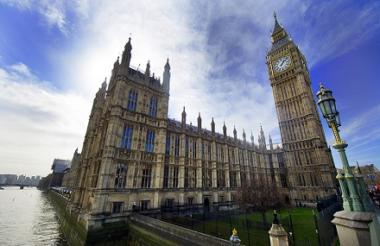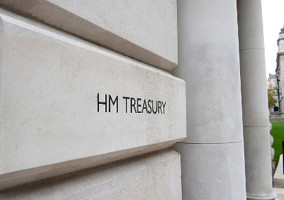The UK is headed towards its fourth general election this decade as voters head to the polls on 12 December. With five parties poised to play a major role, there are a broad range of potential outcomes.
What is certain though is that parties from across the spectrum are promising to spend in a way not seen since austerity was introduced in the aftermath of the financial crisis.
The Labour party has so far promised the most with regards to spending. The announcement of a £250bn "green industrial revolution" fund would be accompanied with the creation of a £150bn "social transformation fund". This is in addition to billions more being spent on the NHS and other initiatives. The Tories, whilst decrying Labour’s spending policy as "irresponsible", have also made large spending pledges themselves. Sajid Javid, the chancellor, has proposed ripping up the fiscal rulebook and would increase borrowing levels from 1.8 per cent to 3 per cent of GDP. The Liberal Democrats, not wanting to be left behind, have announced various policies as well that will materially increase spending – and borrowing.
What is clear is that, whatever the outcome of the election, the inflationary pressure within the UK is likely to rise materially.
So, what does this mean for investors and their portfolios, as we transition from a low inflation environment to one that is likely to be higher; where can investors find comfort? One asset that may benefit when others struggle could be UK index-linked government bonds. Index-linked bond prices are affected by future interest rates and future inflation. In a world of increased fiscal spending (meaning inflation is likely to rise) combined with record high debt levels (meaning interest rates are likely to remain around current levels), index-linked bonds looked well placed to navigate this tricky corridor for investors. In an environment of higher inflation, conventional assets may not be as protective. Conventional bonds would lose value, as inflation eats away at the value of your payments, whilst equities tend to suffer as inflation starts to pick up pace.
However, it is important to note that index-linked bonds are volatile, so a portfolio that blends these with traditional assets, such as equities and gold, may be best placed to navigate the unpredictable – and potentially tricky – future
Ajay Johal is an investment manager at Ruffer
Ruffer LLP is a limited liability partnership, registered in England with registered number OC305288 authorised and regulated by the Financial Conduct Authority. The information contained in this article does not constitute investment advice or research and should not be used as the basis of any investment decision.
Related articles












